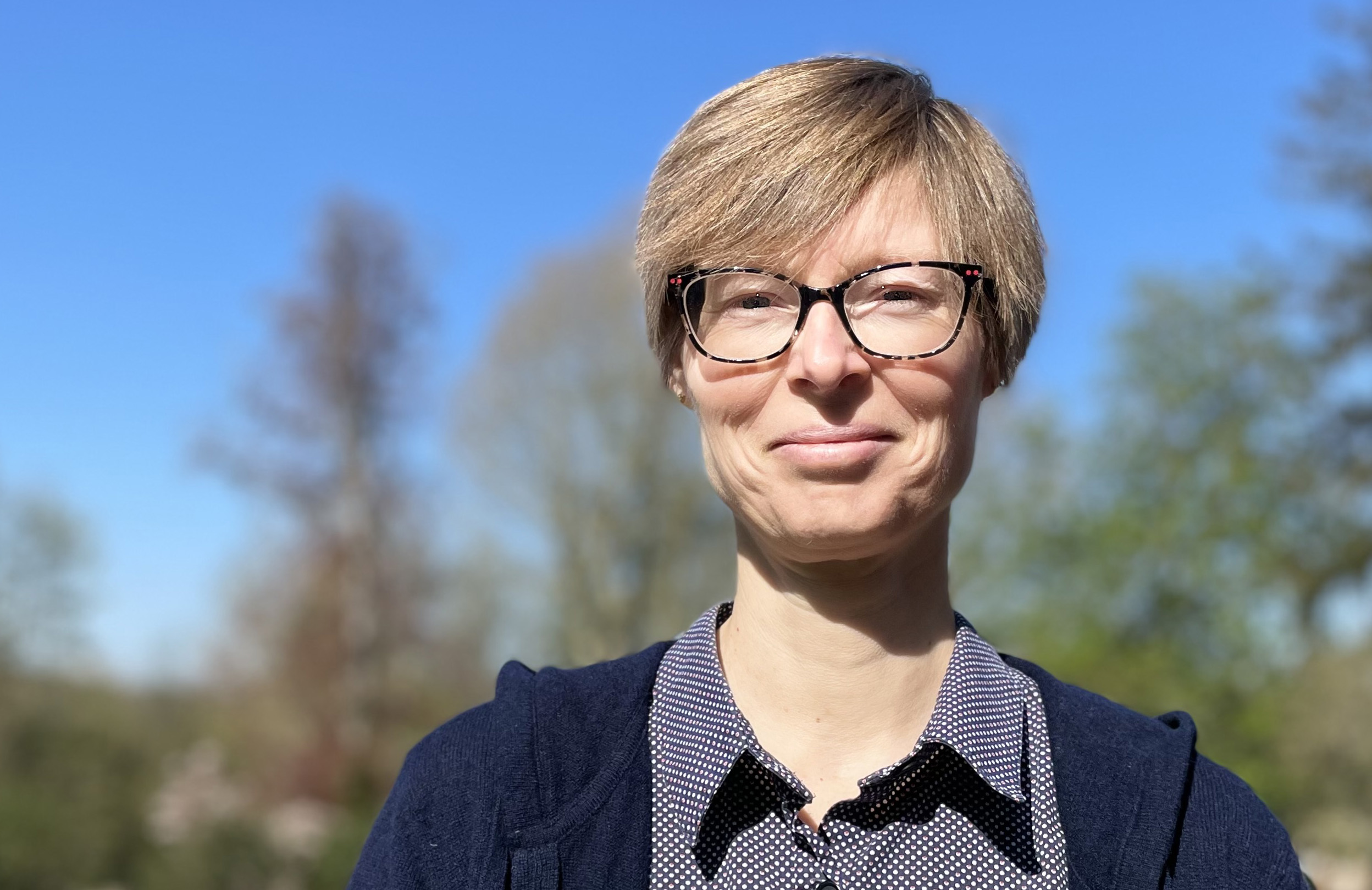Assistant professor, Paris-Saclay University
UMR9198, Institute for Integrative Biology of the Cell (I2BC)
Tamara Basta-Le Berre started her scientific career in 2000 by a PhD at the Institute of Microbiology (University of Stuttgart) in Germany. During her thesis, she studied the molecular mechanisms underpinning the capacity of certain soil bacteria to degrade anthropogenically introduced chemical pollutants. She discovered that conjugative plasmids play a key role in this process.
Towards the end of her thesis, several new viruses infecting Archaea, the microorganisms that morphologically resemble bacteria but are more closely related to Eukaryotes, were discovered. These viruses are morphologically very different from known viruses of Bacteria and Eukaryotes and the vast majority of their genomes encode genes with unknown functions. Intrigued by these fascinating viruses, Tamara moved to France in 2004 to join the group of Patrick Forterre and David Prangishvili at Institute Pasteur to study the viral DNA replication. She discovered a previously unknown plasmid – virus exclusion mechanism and she described an original mechanism for the replication of viral linear DNA.
Following this first postdoctoral fellowship, Tamara moved in 2008 to the Laboratory of Optics and Biosciences in the group of Hannu Myllykallio at Ecole Polytechnique to work on the development of novel antibacterials targeting DNA metabolism. Using biochemistry approaches, she delineated the mechanistic bases of the antibacterial activity of the lead candidate molecule and she contributed to the description of the active principle that has been patented.
In 2010, Tamara got a position as assistant professor at the University Paris-Sud. Her research has been focused on understanding of molecular mechanisms involved in nucleic acids metabolism and their evolution in Archaea. Over the last ten years, Tamara worked on the biochemical characterization of the pathway for a synthesis of a key transfer RNA modification that is conserved in Archaea and Eukaryotes. This work revealed the role of the individual proteins in the pathway and contributed to establishing a link between the onset of a rare genetic disease and mutations in the t6A synthetic genes. In the last years, Tamara has oriented her research towards the studies of the regulation of DNA topology and the role of topoisomerases in this process in Archaea. The first results of this work indicate that Archaea may use an original molecular mechanism in response to topological stress.




